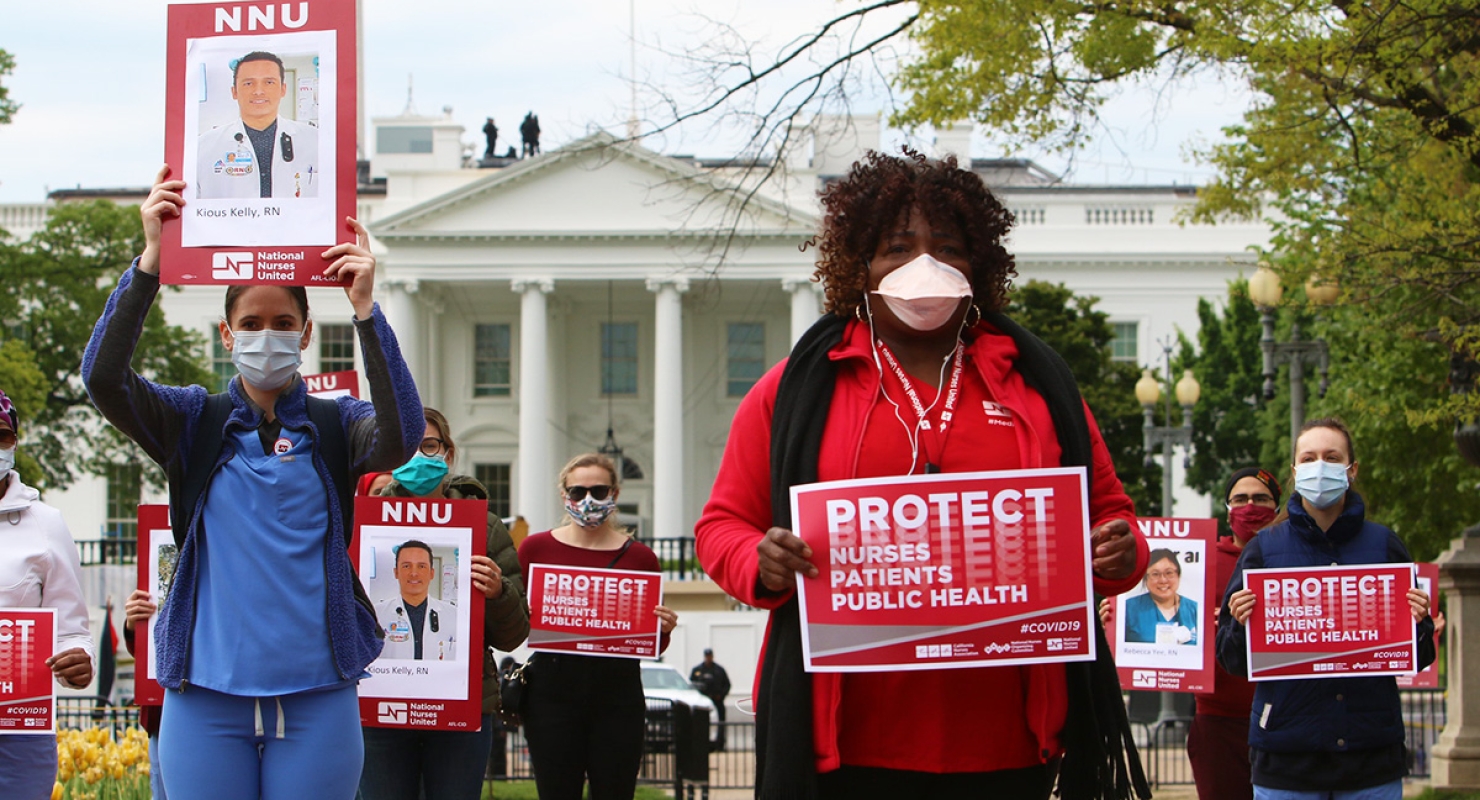When a nurse faces disciplinary action by a Board of Nursing, their name and details of the disciplinary matter are posted on Nursys, the brainchild of the National Council of State Boards of Nursing. The nurse’s orders, often including inflammatory, private, and sensitive information, are posted online, even if the case has not been adjudicated. In many instances, mere formal charges or allegations are posted, denying the nurse any opportunity to defend themselves before their information becomes public.
Impact of Public Disclosure on Careers and Lives
As soon as Board orders are made public on Nursys, the nurse’s current or potential employers are likely to become aware. This public exposure is damaging, even if the nurse may be innocent or has committed a much lesser act than the orders imply. Such charges, often exaggerated, cast the nurse in a negative light, risking their career, livelihood, family stability, and overall well-being. Nurses do not deserve to face such reckless exposure and lifelong harm based on unproven or misrepresented allegations.
A Database Unique to the Nursing Profession
Nursys functions as a “wall of shame” unique to nursing, acting as a publicly searchable, free database listing disciplinary actions against nurses. Recently, I personally experienced the humiliation caused by Nursys, stemming from a “Warning” I received years prior. Despite clear evidence proving my innocence, the Texas Board of Nursing chose to pursue charges without acknowledging the evidence, perpetuating inaccurate information about me.
The Challenge of Negotiating Language in Board Orders
Disciplinary language in Board orders can be misleading. At the time of signing my orders, I was unaware of how crucial it was to negotiate specific language. The Board exploited this lack of awareness, leaving terms that implied wrongdoing, even though evidence showed I had not committed the alleged act.
Lack of Due Process and Oversight by the Board
During the incident, records from the Pyxis medication system indicated that someone else kept my login open and removed Ketamine after I left the medication room. Although hospital policy mandates automatic logouts within one minute, my login remained active for six minutes, allowing another individual to access the medication. Despite my provision of substantial evidence, including a polygraph test proving my honesty, the Board disregarded these facts.
The Board’s Overreach and Escalation of Charges
The most egregious part of my experience was when the Board initially recommended dismissal of charges, only for them to reappear later. In a gross abuse of power, the Director of Enforcement bypassed the formal process and continued with charges without my knowledge, presenting my case to a non-disciplinary committee. This violation of due process escalated my charges, leading to further stress and an eventual trial.
The Ongoing Effect of Public Disclosures on Nursys
Nursys ensures that disciplinary records follow nurses indefinitely, regardless of evidence of innocence or resolution. This system misrepresents and humiliates nurses, perpetuating falsehoods. Unlike nursing, no other profession—including medicine, law, and engineering—has such a publicly searchable disciplinary database. This lifelong stigma only affects the nursing profession.
Checkout:
Ways To Protect Your License
The Need for Change in Nursing Disciplinary Practices
It’s time for Boards of Nursing to adopt more just and transparent practices, including ideas such as expungement after five years for minor violations and a clear, evidence-based standard for disciplining nurses. The “more likely than not” standard, often ignored, is an insufficient and damaging criterion. The current punitive approach discourages nurses from reporting errors, which ultimately undermines patient safety.
The Nursys system, which lists disciplinary actions publicly, damages nurses’ careers without providing clear benefits to public safety. Instead, disciplinary records should be stored in the National Provider Database (NPDB), accessible only to those with legitimate need. It’s time to eliminate Nursys to protect nurses from unjust, lifelong consequences.
Checkout:
8 Key Points for What to Say in a Board of Nursing Interview
